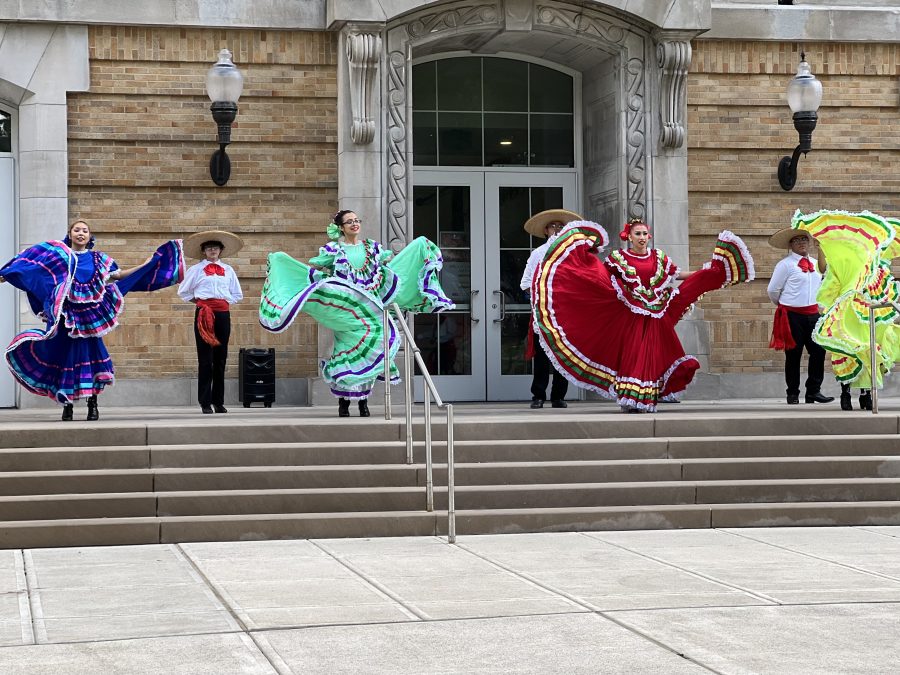What images come to mind when you think of a philosopher?
Chances are, they involve an old man with a beard and a toga sitting in some ancient city, or perhaps on a mountaintop. Or maybe a young hipster guy with a quotation from Nietzsche tattooed across his chest suffering from angst in a coffee shop. The image I would like to suggest is of yourself, because I think you, and I, are philosophers. Or at least we can be if we want to be.
As I’ve been saying to the students in my philosophy classes these past couple of weeks, as I introduce them to the subject, being a philosopher is part of what it is to be a human being. Humans, unlike any other animals we know of, don’t just unreflectively react to their environment. Rather, we wonder why things happen the way they do and are the way they are. Children seem to do this very naturally and often exasperate their parents with constant questioning and desires for ultimate answers. Unfortunately, at some point, many of us forget this part of ourselves.
This urge to understand the world we live in gave rise to the mythological explanations we find in all cultures of the world. People tend to explain things in terms of what they are familiar with. In my native country of New Zealand, its first inhabitants, the Maori, accounted for rain as the tears shed by the sky-god Rangi for his beloved wife Papatuanuku, the earth-goddess, because he had been forced apart from her by the Maori superhero Maui. Mythologies often become entwined with religious explanations, which posit powerful mysterious beings that created the universe and determine its workings, though these beings are so superior and different to us that we have little ability to understand them or their processes. Religions tend to emphasize the importance of faith, conceived as belief that is not in need of proof. Where philosophy is often said to diverge from religion and mythology is in its reliance on reasoning and evidence derived from our senses in order to reach explanations, although this evidence is always subject to questioning and doubt. It could be argued that in our rational, philosophical explanations, we are still explaining the world in terms of ideas we can understand and relate to. Philosophers reply that at least we are open to the idea of challenging and rejecting those beliefs if they are shown to lack sufficient rational backing.
One of my favorite passages in philosophy is from Plato’s dialogue “Gorgias” where Socrates is taken to task by a young, bold firebrand called Callicles. Callicles says that a little philosophy is fine as part of a broad, liberal education, but that someone who carries on with it beyond adolescence is what we today might call “developmentally challenged” and deserves a whipping! I like this passage because it shows a philosopher, that is, Plato, prepared to put even his most beloved friend and teacher, Socrates, in the position of one whose chosen way of life is being questioned in the most vigorous way; philosophy unafraid to question itself!
The philosophical urge is at the heart of all education and the disciplines we see our colleges and universities divided into. The reason I ended up majoring in philosophy in my undergraduate degree was that I was interested in every subject but found that when I looked into each I started to come across questions that fall into the realm of philosophy. This even happened when I took a class in accounting! To me, philosophy was the key to all disciplines.
You may not get many chances in life to spend some time in an environment where you can engage in the process of philosophical wondering and discussion with others who are interested in doing the same. You do have that chance while you are here at university. Our philosophy department has some faculty members who rank alongside those you will find anywhere in the world. Take a class with one of them. Meet others who want to pursue this desire to do what it is that makes us distinctively human.
And in case you think taking a philosophy class isn’t practical don’t take my word, but listen to what Dov Seidman, founder, chairman and chief executive officer of LRN said: “Philosophy is powerful enough to tackle sprawling issues. The discipline remains amazingly practical after existing for more than 2,000 years … The financial and climate crises, global consumption habits and other 21st-century challenges call for a “killer app.” I think I’ve found it: philosophy.”
There are some other ways to get involved in philosophy at BGSU as well. Our department supports the Philosophy Club, a group of students who meet informally on a weekly basis to discuss philosophical questions (their first meeting for the semester is Thursday September 3 at 7:30 pm in 301 Shatzel Hall, pizza and pop will be supplied). Another way is by joining the Ethics Bowl team. This is a team which debates the ethics of cases that are given to them in advance against teams from other colleges in a regional competition every Fall. We are about to start organizing this year’s team, so if you are interested in finding out more about it, contact me.
Respond to Ian
at thenews@bgnews.com














